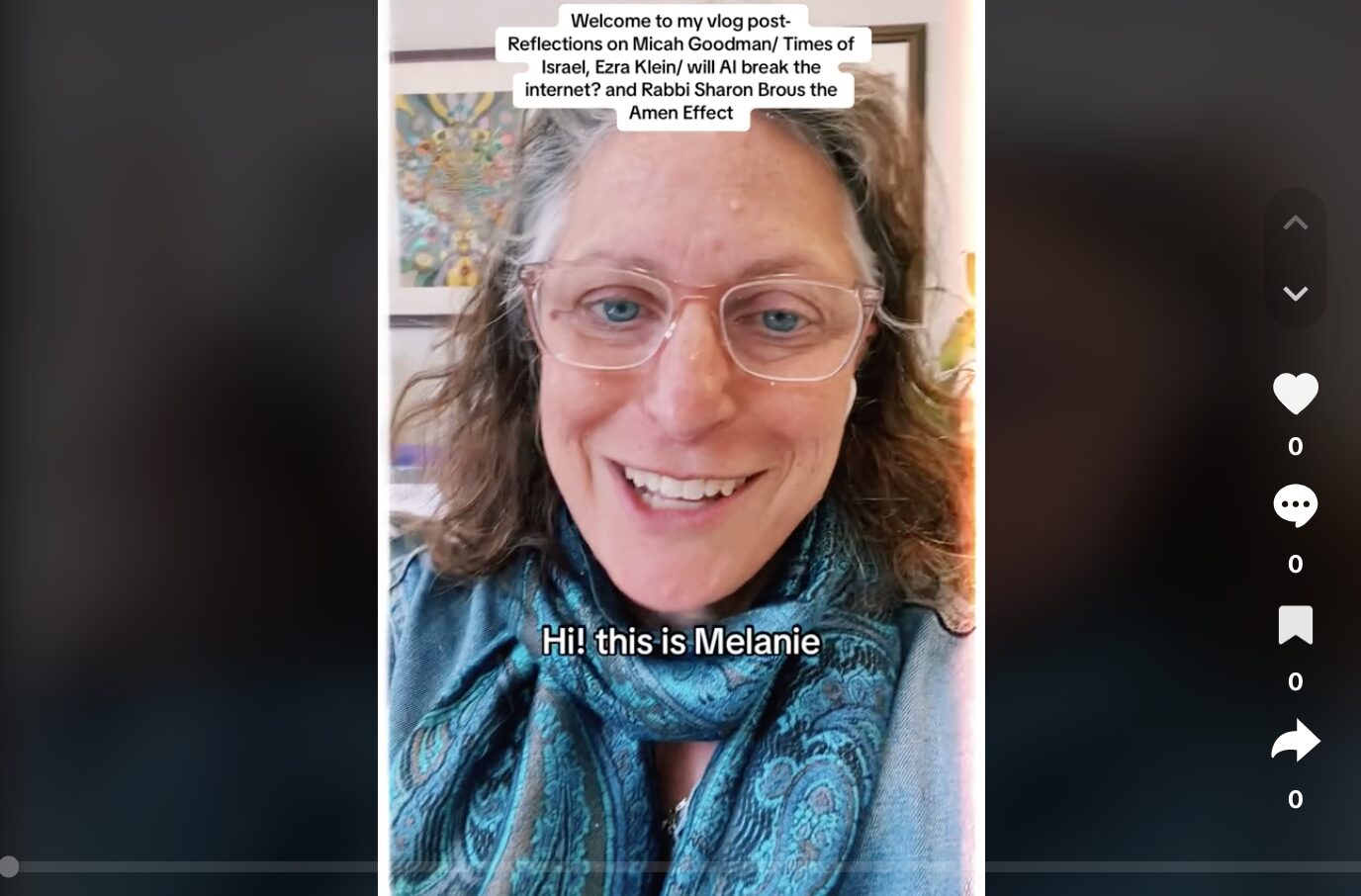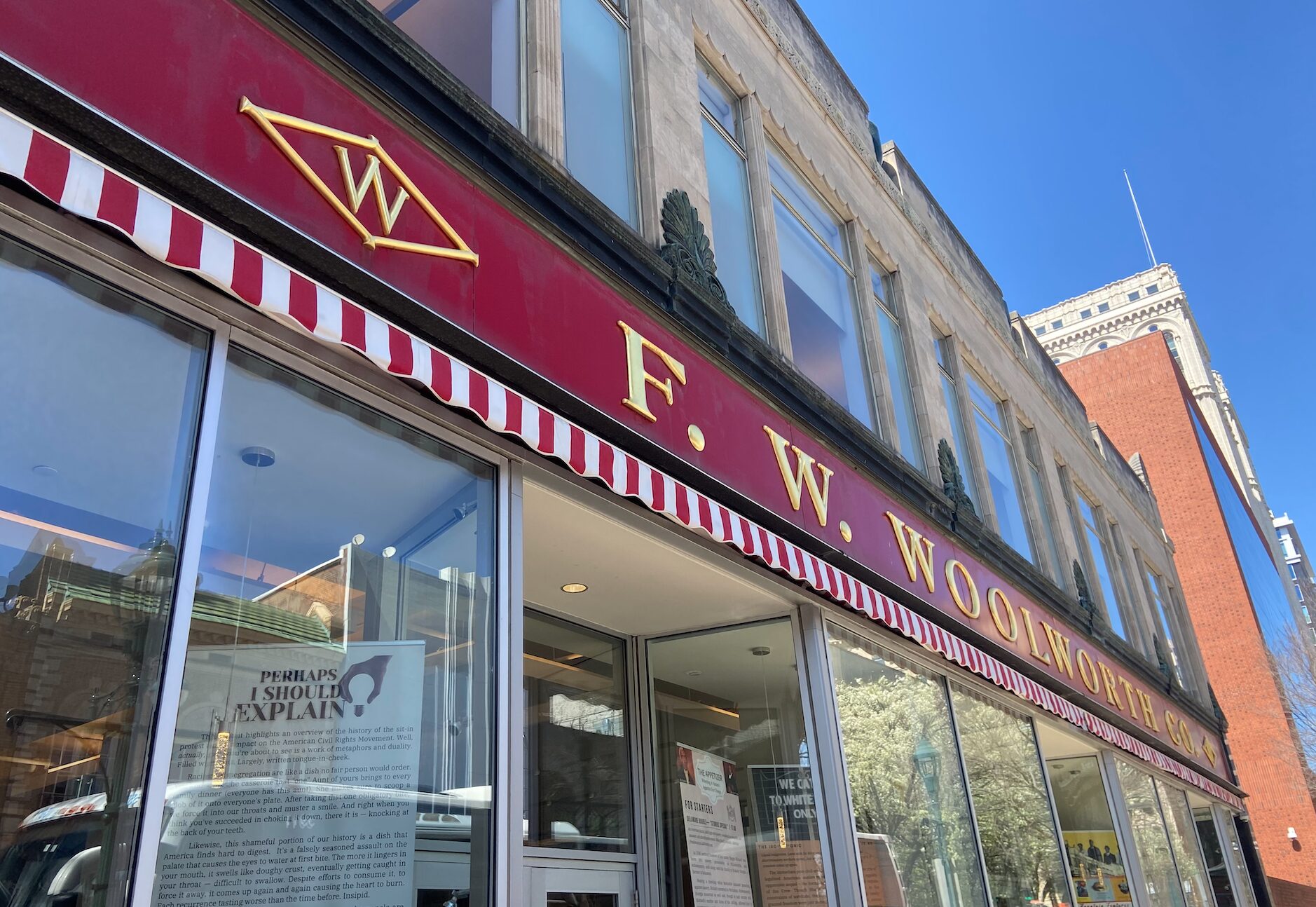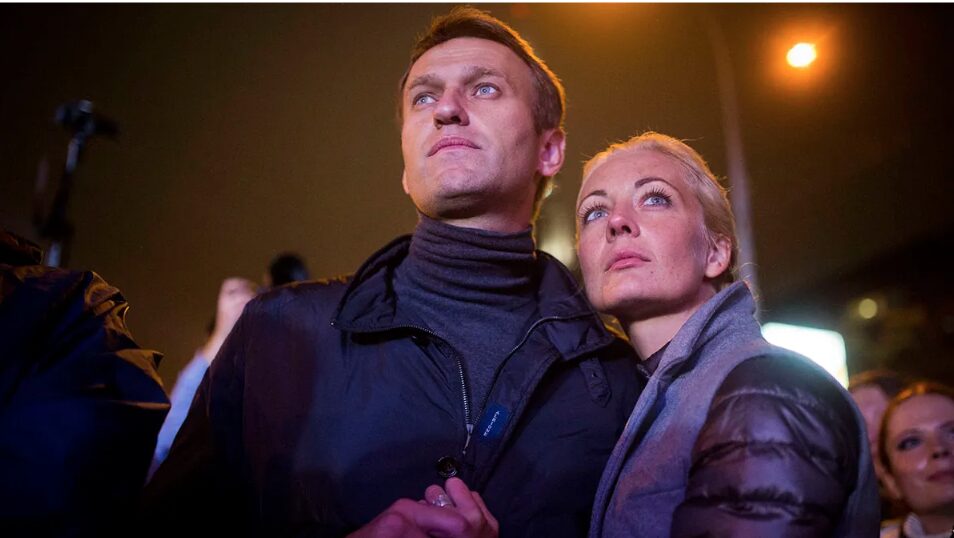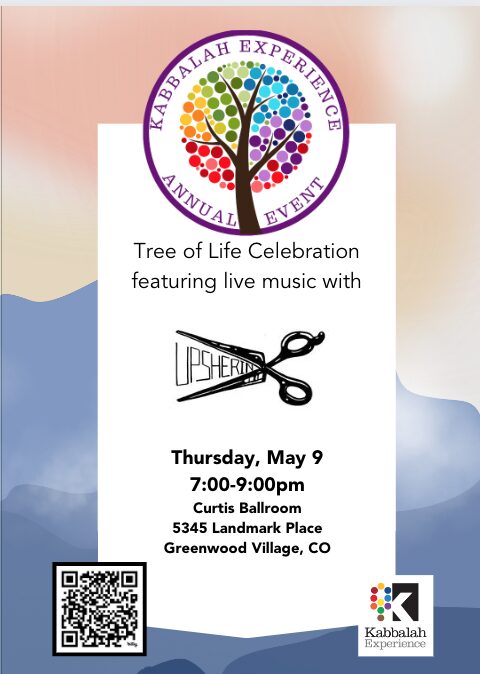Does death free of us our vows? Do our vows free us from death?
Entering the solemnity of the day on this past Yom Kippur eve, Both Sides Now author Nancy Sharp transported us to the hospice bed of her beloved, departed husband. We cried as we shared her grief becoming present to our own mortality, to the fragile thread called life. The stillness of her voice instilled in us strength, to recognize the gift of life and death and to be present to Now. There are both sides in every story if you are willing to turn the page and take on new vows.
As I was leaving class this evening someone turned to me and asked, “Did you know a famous Kabbalist died this week?” She was kind enough to show me the link on her phone: Philip Berg Dies. I extend my condolences to his family and to his community; a community that includes well-known celebrities who have studied Kabbalah under the aegis of the Kabbalah Centre. Rabbi Berg, whose birth name is Feivel Grueberger, was buried last week in a mausoleum in the city of Tzfat, Israel—the city where Kabbalah flourished in the 16th century.
This week we celebrate the end of the Sukkot festival and the final day has an apt name: the 8th day. This is the day we celebrate the Torah (Simchat Torah)—as we complete the cycle, yet again, of the five books of Moses. The highlight of the Torah reading on this day is the last 8 verses of the Torah describing the death of Moses. Moses did not lead the people into the land of Israel. He died on the other side of the Jordan River and as described in the Torah narrative, “His burial place is unknown.”
There is no monument that marks Moses’ burial place. What remains of Moses is not a shrine to him, but the shine from him that radiates throughout the generations. As it is for all of us, a leader senses the mortality of her or his leadership. One can imagine Moses consoling the people with words to be spoken by Martin Luther King, “I may not get there with you, but we as a people will get to the promised land.”
I imagine Moses climbing the mountain to his place of rest. He has fulfilled his mission. Nothing is incomplete. No regrets. He will not get “there.” He is here—a place that no one knows where it is.










0 Comments